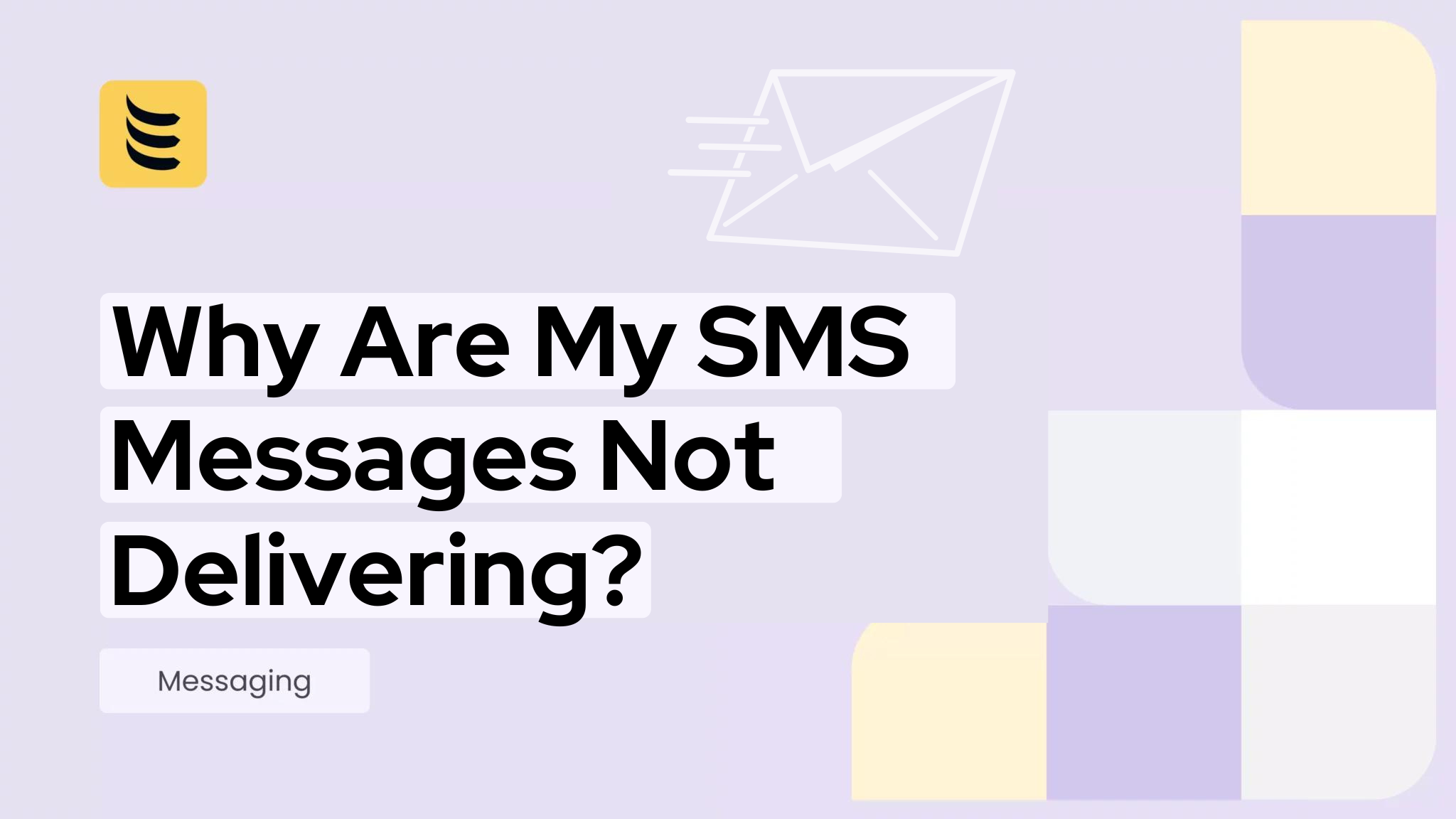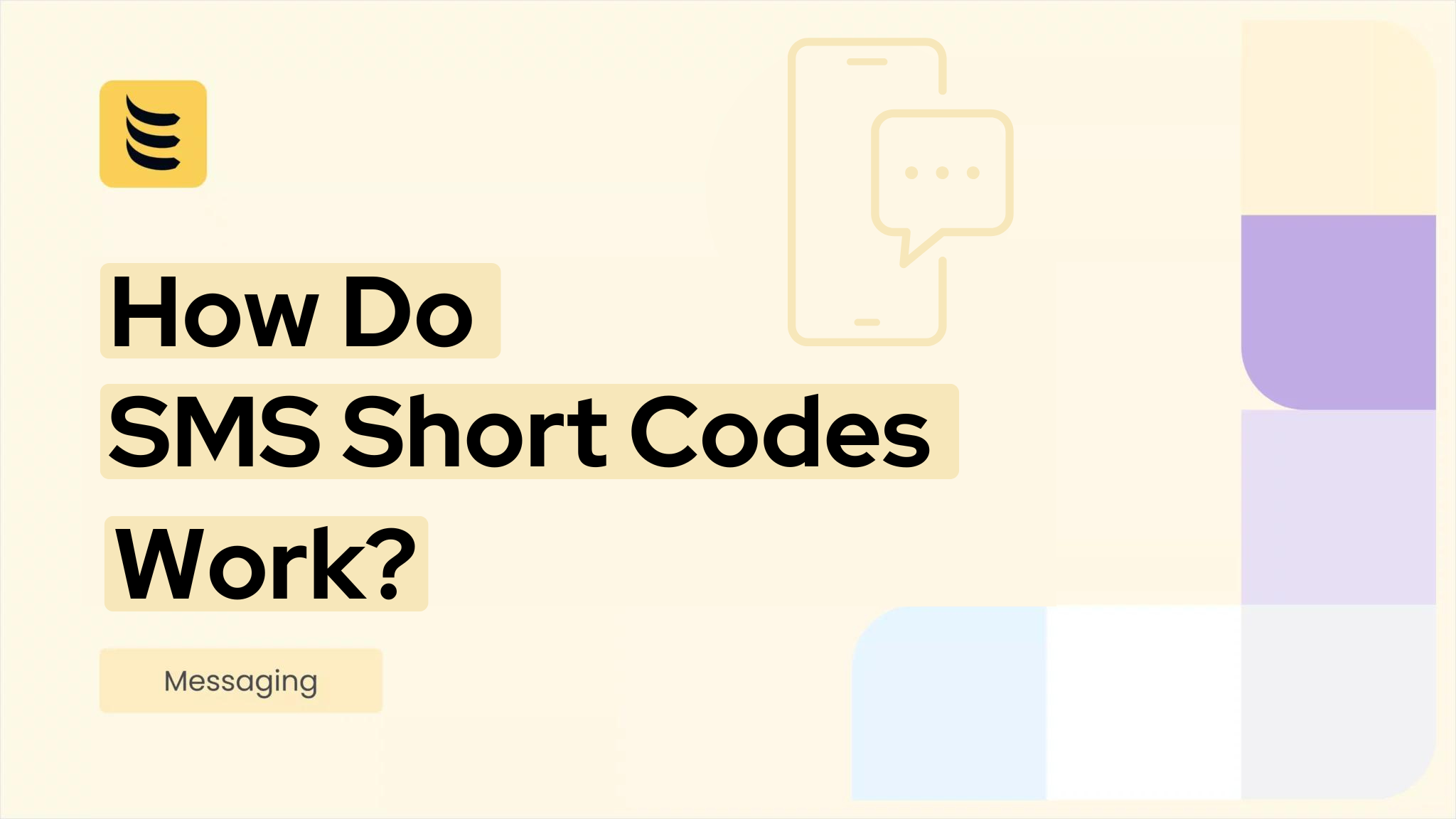As reported recently [1], Trevor Pye, a 68-year-old man, was called by BT. Apparently, his internet had been compromised and they needed to access his computer. Soon afterwards, £15,000 was stolen from his personal bank account. A scam? Yes of course. Interested? Not really. Now, what if it was your dad? Or a member of your team?
We know that businesses are targeted by scams, when hackers try to obtain financial or sensitive information. Sometimes the scam is to make money from the business by making unauthorised calls to a premium rate number and then pocketing the charge.
Even if your primary interest is VoIP security for your business, take a minute to look over these tips. Then think what advice you would give to your team or to older members of your family.
Is wholesale VoIP termination susceptible to scamming?
Thieves are able to quickly and easily organise the resources to use VoIP. The hardware and devices are low cost and it’s relatively easy to set up. What’s worse is that they can fake the number they are calling from, making it appear to be a genuine caller.
Types of scam
Individuals are called by a scammer purporting to be from a company or organisation that they trust. This could be a services company such as BT, a government agency like HMRC or even the police. The call may be to trick them into giving the scammer access to their computer, or to overwhelm them into transferring cash.
How to protect your business
- Talk about the types of scams doing the rounds during staff meetings. If people are aware of what could happen, it may jog a memory if they are targeted.
- Use a call blocking service such as BT Call Protect which will send unwanted calls to junk
- Modern phones and mobiles show the caller ID and the caller’s number. Treat them both with caution as they can be spoofed. Be especially cautious of unrecognised or blocked numbers.
- The scammer may give a number to call, to check they are genuine. Never call this number, but instead look up the registered number for the company.
- Scammers are skilled at manipulating a conversation, making the person feel overwhelmed or frightened. If this happens, put the phone down, don’t worry about seeming impolite.
- Don’t give out sensitive information such as a bank account number or confidential company information on an incoming call. If it is a genuine call from the bank they will be happy for you to call them back.
Business owners are usually aware as to the risks of scams and often have an IT team looking after security and their VoIP systems. However, operational staff are not necessarily up to date in this regard and may require additional briefing. So next time you skim over the scamming headline, stop and think. The scammers’ next target may very well be much closer to home.




